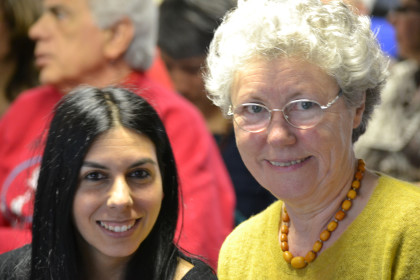
The International Conference on the Peace Societies, sponsored by the Laima Association and financed exclusively with private funds, sought the answers to questions of a troubled world in matriarchal indigenous cultures, and was wondering how to apply egalitarian principles to daily life. At the opposite end of the capitalist model, for populations such as Moso, KhoeSan, Minangkabau, life is organized in terms of giving and receiving, rather than the exchange of goods, the well-being of a person is placed in the centre: matriarchy searches for harmony, not conflict.
The word matriarchy, explains Heide Goettner Abendroth, German philosopher and founder of the Hagia Academy for Modern Matriarchal Studies, means “in the Beginning (arch) were the Mothers”, and indicates an age of unmatched social balance and polarity not yet in opposition but in harmonic relation (female and male, human and nature, …). All living matriarchy societies analysed by the team of scholars present enviable characteristics: absence of rape and child abuse, domestic violence and war; free sexuality, unconstrained by power structures, the absence of the concept of fidelity to the partner. Spirituality is immanent, connected to the earth and not tied to institutions; the economy is based on the gift and on equal redistribution of goods.
Matriarchal models are not applicable in its entirety to Western societies, but are a source of valuable lessons: the practice of a genuine democracy from below, where resources are redistributed in the community instead of accumulated, and low conflict, are mainly created by an organization where women “govern” through a power based on authority, on women offspring, on care not on the misuse of power. Common decisions are fundamental, just like sharing, the ability to meet the needs and interlinking between science, politics and spirituality.
For example with the Moso, matriarchal and matrilinear ethnic minority in Yunnan, the absence of marriage and cohabitation is a completely original aspect. The absence of violence and capital implications in the relationship between the sexes is a social organization where the family plan, which requires stability of affection and care – and that of the relationship between man and woman are clearly kept distinct.
Against stereotypes, anthropology makes clear that matriarchy is not the opposite of patriarchy: the strong woman in a masculine sense is a cultural construction, the future is not made by the Amazon women but by women and men who listen and collaborate, where gender discrimination must be eliminated starting from the education of children.
According to the philosopher Abendroth, these societies “in balance” offer an extraordinary teaching especially today, when the crisis is showing the violence inherent in patriarchal systems; they are mainly young people to take an interest in these new models of development whilst gaining some values … sometimes without realizing it.
Video: interview with the Moso women
Video: interview with Heide Abendroth
Information: www.associazionelaima.it
 English
English  Italiano
Italiano 



